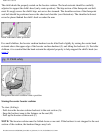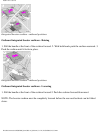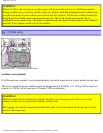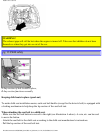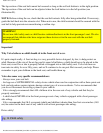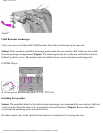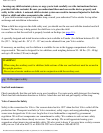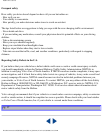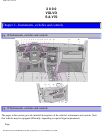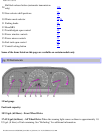
2000 Volvo S & V70
Occupant safety
How safely you drive doesn't depend on how old you are but rather on:
· How well you see.
· Your ability to concentrate.
· How quickly you make decisions under stress to avoid an accident.
The tips listed below are suggestions to help you cope with the ever changing traffic environment.
· Never drink and drive.
· If you are taking any medication, consult your physician about its potential effects on your driving
abilities.
· Take a driverretraining course
· Have your eyes checked regularly
· Keep your windshield and headlights clean.
· Replace wiper blades when they start to leave streaks.
· Take into account the traffic, road, and weather conditions, particularly with regard to stopping
distance.
Reporting Safety Defects in the U.S.
If you believe that your vehicle has a defect which could cause a crash or could cause injury or death,
you should immediately inform the National Highway Traffic Safety Administration (NHTSA) in
addition to notifying Volvo Cars of North America. If NHTSA receives similar complaints, it may open
an investigation, and if it finds that a safety defect exists in a group of vehicles, it may order a recall and
remedy campaign. However, NHTSA cannot become involved in individual problems between you,
your retailer, or Volvo Cars of North America. To contact NHTSA, you may either call the Auto Safety
Hotline tollfree at 18004249393 (or 202-3660123 in Washington, D.C. area) or write to: NHTSA, U.S.
Department of Transportation, Washington D.C. 20590. You can also obtain other information about
motor vehicle safety from the Hotline.
Volvo strongly recommends that if your vehicle is covered under a service campaign, safety or emission
recall or similar action, it should be completed as soon as possible. Please check with your local retailer
or Volvo Cars of North America, Inc. if yout vehicle is covered under these conditions.
pg. 17
file:///K|/ownersdocs/2000/2000_SV70/00sv70_01b.htm (10 of 11)12/30/2006 3:43:33 PM



